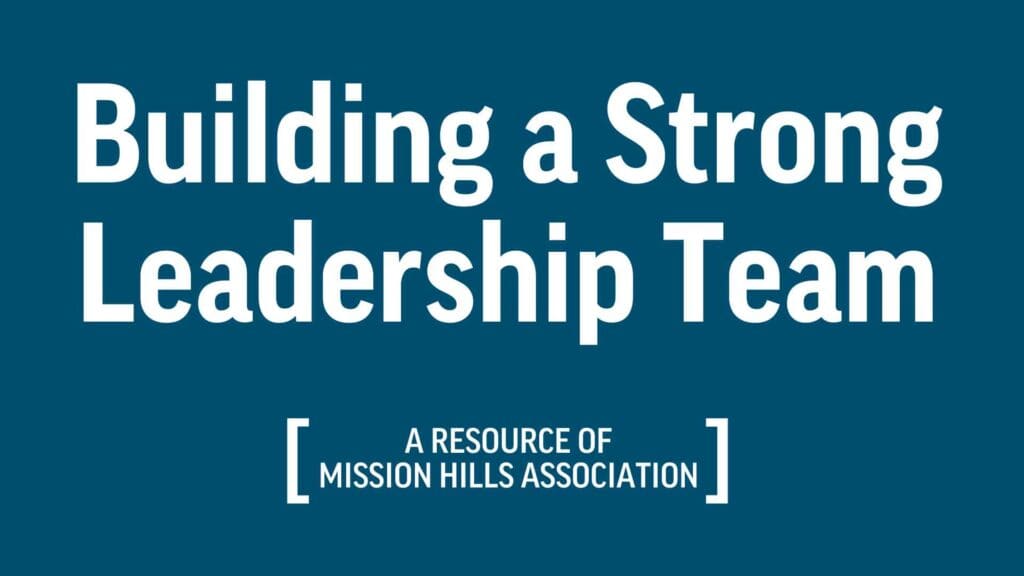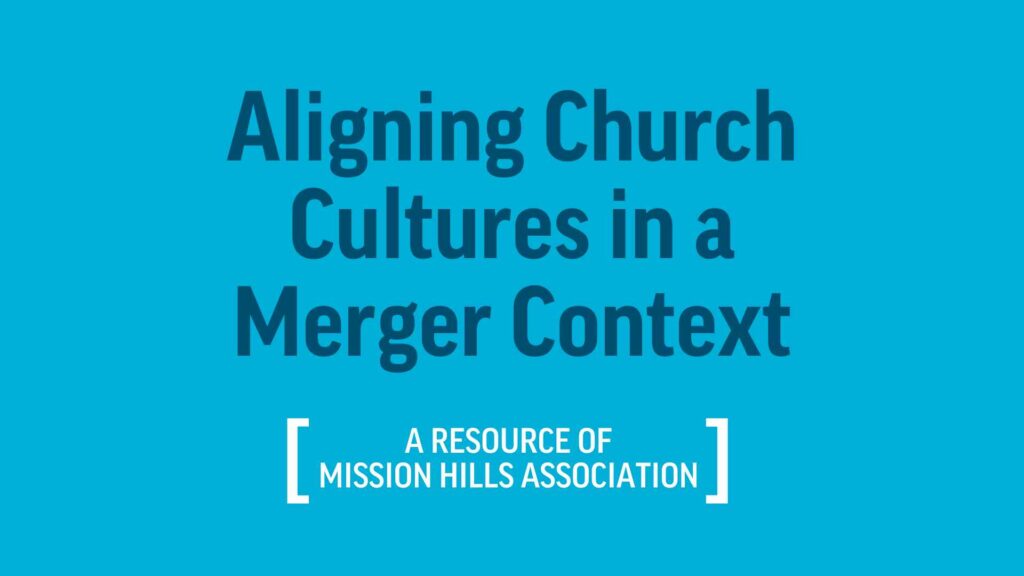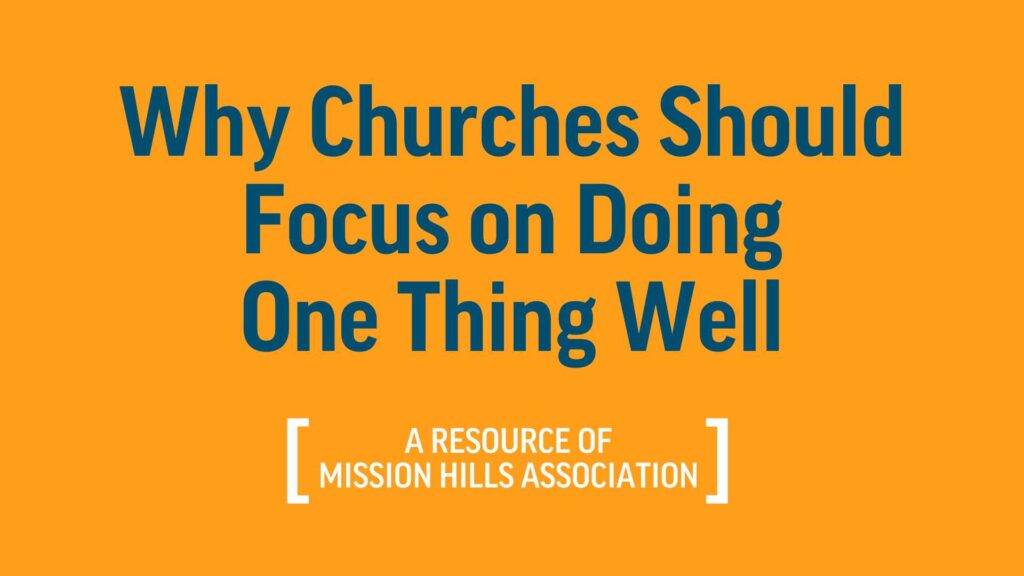
What is the Evangelical Council for Financial Accountability (ECFA)?
For those in our church community and those leading ministries worldwide, it’s vital to recognize that houses of worship, while innately spiritual, are also legally constituted as non-profit organizations. They function on funds they collect, both through tithing and fundraising. Yet, this necessity of money usage sometimes lands the purest intentions in the murky waters of ethical concerns and financial disputes.
Mission Hills’ Ministry Services Executive Pastor, Jon Roberts, shares that the “ECFA began as a movement of Christian leaders who wanted the ministries they serve to be recognized for excellence and integrity.” Churches bear the much-needed responsibility of upholding stringent financial standards beyond the minimum legal requirements for non-profits. Financial accountability is a vital tool that protects your organization from potential scandals or questionable fundraising.
Today, the ECFA continues to embody this principle by setting high bars via its seven standards. These standards, heavily grounded in scripture, form a roadmap for their member organizations, guiding them to earn and maintain their ECFA accreditation.
The 7 Standards for ECFA Accreditation:
The EFCA’s seven standards are tailored to guide churches and faith-based nonprofits in their financial accountability. By embracing these principles, we build stronger, more transparent, and trusting communities unified in their mission and rooted in faith.
- Solidly evangelical
- Independent board governance
- Sound financial management
- Responsible use of resources
- Appropriate transparency
- Integrity in compensation-setting and conflicts of interest
- God-honoring stewardship
The Advantages of Joining the ECFA
The advantages of becoming a member of the ECFA extend well beyond demonstrating the thoughtful use of the congregation’s contributions. It fosters trust among existing members and potential new ones. The ECFA seal—a mark of commitment to integrity bestowed upon accredited churches—not only communicates trust but also links the church to the ECFA’s long-standing track record for excellence.
As part of the member privileges, churches gain complete access to the extensive ECFA library, filled with expert resources, including webinars, eBooks, and articles on financial management, board governance, and creative fundraising techniques.
Prerequisites for ECFA Membership:
To be considered for ECFA accreditation, a nonprofit must first lay a foundation of integrity and dedication, ensuring that it can sustain the growth and health of the ministry. These prerequisites acknowledge an organization’s readiness to join a community of faith-based entities that hold themselves to a higher standard
- Compliance with all ECFA standards
- Operational for at least one year
- Generated revenues of $50,000 or more during the previous fiscal year
- Meeting minimum requirements for financial statements based on total revenue
Complying with all the ECFA standards is the first and arguably most important part of becoming an ECFA-accredited ministry. Below, you’ll find some brief information on each standard to help you better understand what’s on your to-do list before applying.
Solidly Evangelical
This standard demands proof of a profound and consistent application of the evangelical faith in an organization’s operations. In practice, an organization must exhibit a strong commitment to evangelical Christian faith, either through its written statement of faith or demonstrable practices rooted in biblical truths.
Independent Board Governance
The Evangelical Council for Financial Accountability established this standard after observing that most financial scandals emerge when there is a breakdown in governance. As such, the ECFA has mandated that every organization be supervised by a responsible board composed of at least five members, most of whom must be independent. The governance board must meet at least twice yearly to establish policy and review the organization.
Sound Financial Management
The ECFA requires that member organizations prepare complete and accurate financial statements and engage a third-party certified public accountant (CPA) to review the documents. The ECFA recommends the establishment of a finance committee to review the annual financial statements and maintain communication with the CPA. Should any issues or risks arise, the CPA will communicate these to the board.
Responsible Use of Resources
This standard encourages efficient and responsible operation and resource use, conforming to legal regulations and biblical mandates.
Responsible use of resources focuses on understanding what it means to comply with the law and how to use the money and resources the church receives in a God-honoring manner.
Appropriate Transparency
Transparency nurtures the trust of the congregation and the world at large, enriching the moral integrity of the evangelical church. Every organization shall provide a copy of its current financial statements or reporting upon written request, including financial information on any project it has raised funds to support.
Integrity in Compensation-Setting and Conflicts of Interest
The EFCA’s Policy for Excellence in Compensation-Setting and Related-Party Transaction is dedicated explicitly to handling the compensation of church leaders and workers.
Following this standard alone won’t guarantee churches stay in good standing with the ECFA, but it will guide them in distributing money in a God-honoring way to the church leaders and workers. They also recommend consulting with a tax counsel to determine fair compensation-setting practices.
God-Honoring Stewardship
This last standard focuses on managing a congregation’s financial gifts. It deals with several ethical and financial concerns and regulations and has been broken down into five more digestible sections.
How and Where to Start the Process of Joining the ECFA
The ECFA website offers an abundance of resources to help you begin the process of joining. However, we suggest having a conversation with your fellow church leaders first to discuss whether the standards align with the way your church operates. Once you’re ready and meet the requirements to join, you can begin the process on the ECFA website.
You’ll be prompted to complete a 10 to 15-minute online application. Once it’s been submitted, an ECFA advisor will reach out to you to schedule an in-person meeting or call to discuss the next steps.
This article was written in collaboration with Jon Roberts, the Ministry Services Executive Pastor at Mission Hills. If you want to continue the conversation, you can contact him directly at jroberts@missionhills.org.




